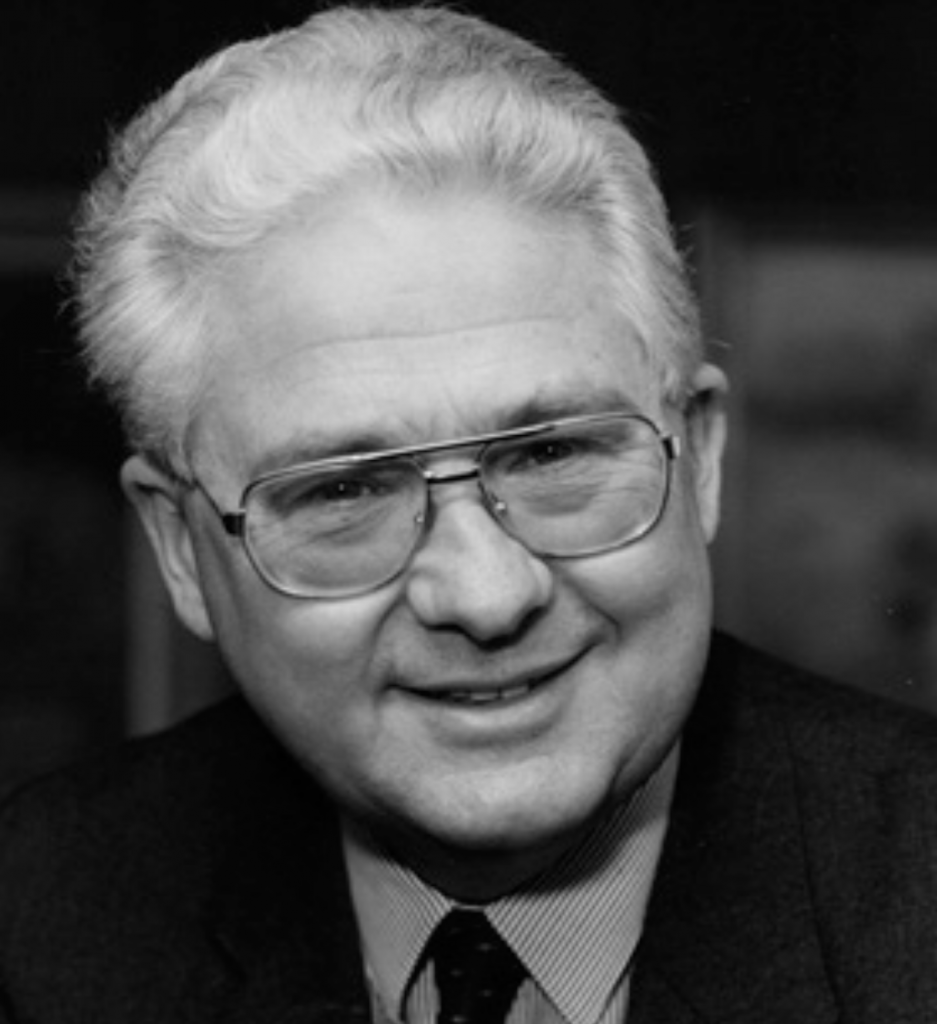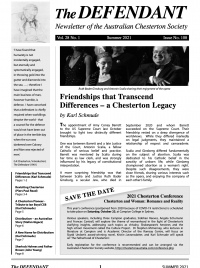Dr Race Mathews, a former ALP staffer and parliamentarian at both the federal and state levels, has written widely on politics and economics. In 2017 he published Of Labour and Liberty: Distributism in Victoria, 1891–1966, which was highlighted in The Defendant (Winter 2019). The book was reviewed by Stefan Gigacz of the University of Divinity, Melbourne, who also serves as secretary of the Australian Cardijn Institute. His review appeared in the Jesuit journal, Theological Studies, and in a longer form in the Catholic Weekly (Sydney). An edited version of these reviews is reprinted with his kind permission.


Race Mathews’s Of Labour and Liberty, Distributism in Victoria 1891–1966 originated as a doctoral thesis for Catholic Theological College, Melbourne, and the University of Divinity. It traces the history of Catholic social thinking and action in the development of the Australian cooperative movement, particularly the cooperatives pioneered by the Young Christian Workers movement (YCW) in Melbourne.
Why such interest in Catholic social teaching from a Fabian socialist and self-described agnostic?
The answer may lie in a citation quoted by Mathews from the ANU economist Heinz Arndt, who wrote of a 1948 social justice statement drafted by the Australian National Secretariat for Catholic Action (ANSCA) that “one could hardly find a more succinct statement of the point of view of intelligent, modern Democratic Socialists.”
Seventy years later, Mathews argues, such teaching is even more relevant in the face of “a precipitous decline in active citizenship” following “a loss of confidence in politics and parliamentary democracy,” combined with “the inexorable creep and concentration of capital in the hands of the ‘one per cent’ minority.”
Mathews sees Distributism – and by extension, Catholic social teaching and practice – as providing a possible antidote to a series of convergent catastrophes in the political, economic, and environmental arenas that threaten the world today. But whereas the Mondragon cooperatives founded by the Basque priest Father José Maria Arizmendiarrietta achieved “triumphant success” in Spain, the Australian cooperative movement, to Mathews’ dismay and surprise, has largely disappeared.
Hence, his questions: What caused the failure of “First Wave” Australian distributism? How to revive what has become a virtually forgotten political philosophy and program?
Here the author notes the seminal impact of Pope Leo XIII’s encyclical Rerum Novarum, and the role of English Cardinal Henry Manning, both of whom greatly influenced Joseph Cardijn, the Belgian founder of the YCW (Jeunesse Ouvrière Chrétienne, or JOC).
Moran and Mannix and the Campion Society
In Australia, these ideas were initially championed by Sydney Cardinal Patrick Moran, a great defender of worker rights, and Archbishop Daniel Mannix in Melbourne. Later, the Melbourne-based Campion Society also played a critical role in the promotion of Catholic social teaching under the leadership of Frank Maher, Kevin T. Kelly (a key figure in the emergence of the YCW in Australia), and B.A. Santamaria.
In practical terms, however, it was the first-generation leaders of the Melbourne YCW in the 1940s who implemented these teachings by establishing an influential network of credit and consumer cooperatives.
Mathews is impressed by the parallel between the role of the YCW in the development of these cooperatives and that played in Spain by Arizmendiarrietta. He worked closely with JOC leaders in the development of the Mondragon cooperatives. Mondragon was “incontrovertibly a product of the Church’s social teachings and YCW formation in the Cardijn mould.”
Why then did the Victorian cooperative movement not continue to develop as its Spanish counterpart had done? Mathews points to the post-World War II conflicts that opposed Santamaria’s Catholic Social Studies Movement (CSSM), in particular his preference for “a militarised organisational model” that “increasingly supplanted former formation focus.”
In effect, Mathews concludes that the Church failed to recognize the importance of YCW formation. He transforms this critique into “a way forward” in which, “under the new pontificate of Francis, awareness of the Church’s moral critique of capitalism is re-kindled and the Church rediscovers its rich heritage of concern for the rights and wellbeing of workers.”
Drawing on the insights of Cardijn and Arizmendiarrietta, Mathews believes the Church should give “absolute primacy” to formation in Catholic social teaching and its “significance in the context of the Mondragon experience.” The way would then be open for “Distributism to assume the larger role to which its merits so plainly entitle it.”
